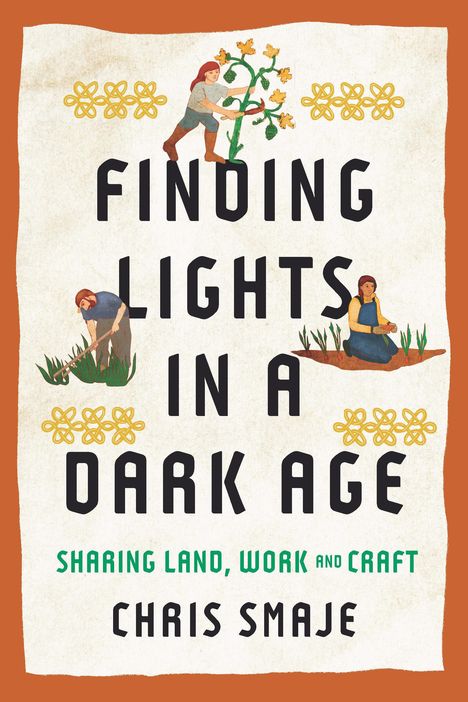Chris Smaje: Finding Lights in a Dark Age, Kartoniert / Broschiert
Finding Lights in a Dark Age
- Sharing Land, Work and Craft
(soweit verfügbar beim Lieferanten)
- Verlag:
- Rizzoli International Publications, 11/2025
- Einband:
- Kartoniert / Broschiert
- Sprache:
- Englisch
- ISBN-13:
- 9781915294739
- Artikelnummer:
- 12246880
- Umfang:
- 256 Seiten
- Gewicht:
- 367 g
- Maße:
- 229 x 152 mm
- Stärke:
- 18 mm
- Erscheinungstermin:
- 11.11.2025
- Hinweis
-
Achtung: Artikel ist nicht in deutscher Sprache!
Klappentext
Named to the Civil Eats "2025 Food and Farming Holiday Book Gift Guide" How we can meet the challenges of our age by moving away from the political and economic philosophies of both the left and right to a more equitable re-organization of society, economy, land and food production, driven by the local community rather than a central government.
Today, society and government are still asking what our country can yield, and in what quantity. They do so because in a sense we are still living in conquest-based societies. Agrarian thinker Chris Smaje opens this book by drawing an arresting modern parallel to Viking raiding, trading and enslaving societies and the Ragnarok they faced then of dramatic climate change and societal collapse.
So, to meet these modern crises, Chris asks us to look beyond the current discourse of capitalism versus chaos, and indeed the dualism of 'state versus market' and the 'state with the market', both of which has failed us.
Instead, Chris explores a world where we live slower lives more immersed in local ecologies. Where our present Viking age has inflicted a thorough alienation from place and local livelihood, Chris proposes other models of collective organization, where land and capital are seen as a common good that involves a widespread and secure redistribution. These ideas are the basic principles associated with distributism -- broadly, that issues should be dealt with at the most immediate or local level feasible and governance, wherever possible, should be bottom-up. There should also be a moral economy founded in ideals of justice.
Work and production should rest on commitments struck in a community rather than deals in a market. There should be a concept of shared common good, of what life is for. Ultimately, we should build a sense of future possibility around local ecological societies dedicated to human and ecological wellbeing.
Much of the global damage to the environment has arisen not because people were there in the landscape, but because they weren't. It's time to hospice modernity and build a green Earth rising. In this book, Chris discusses what this society and landscape might look like in the near future and longer term.

